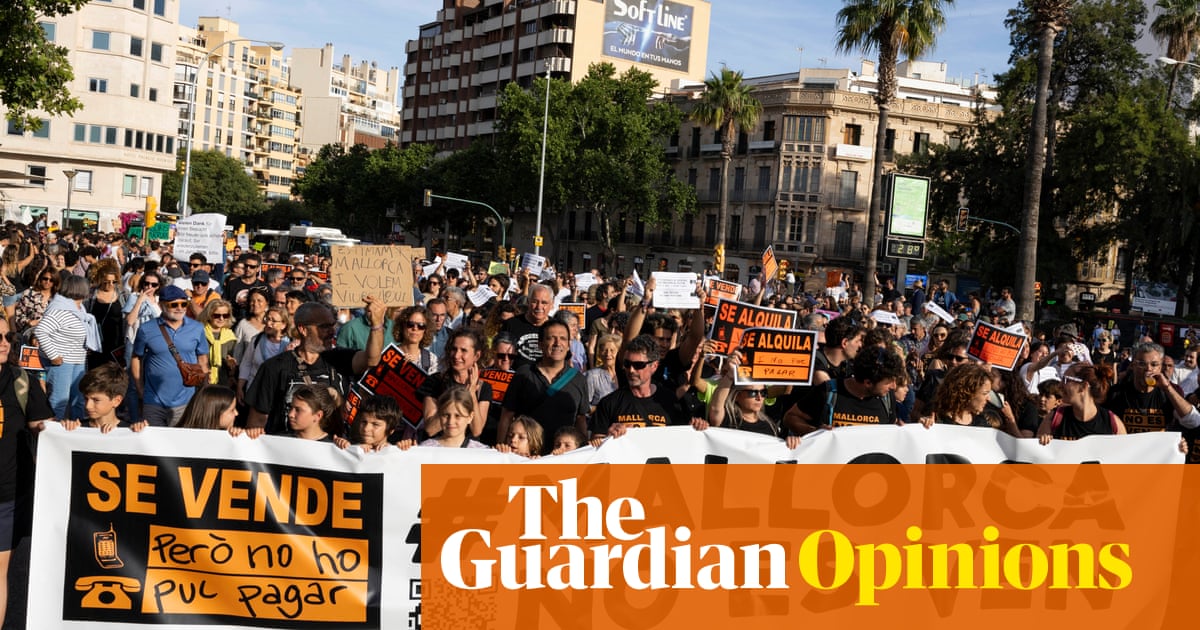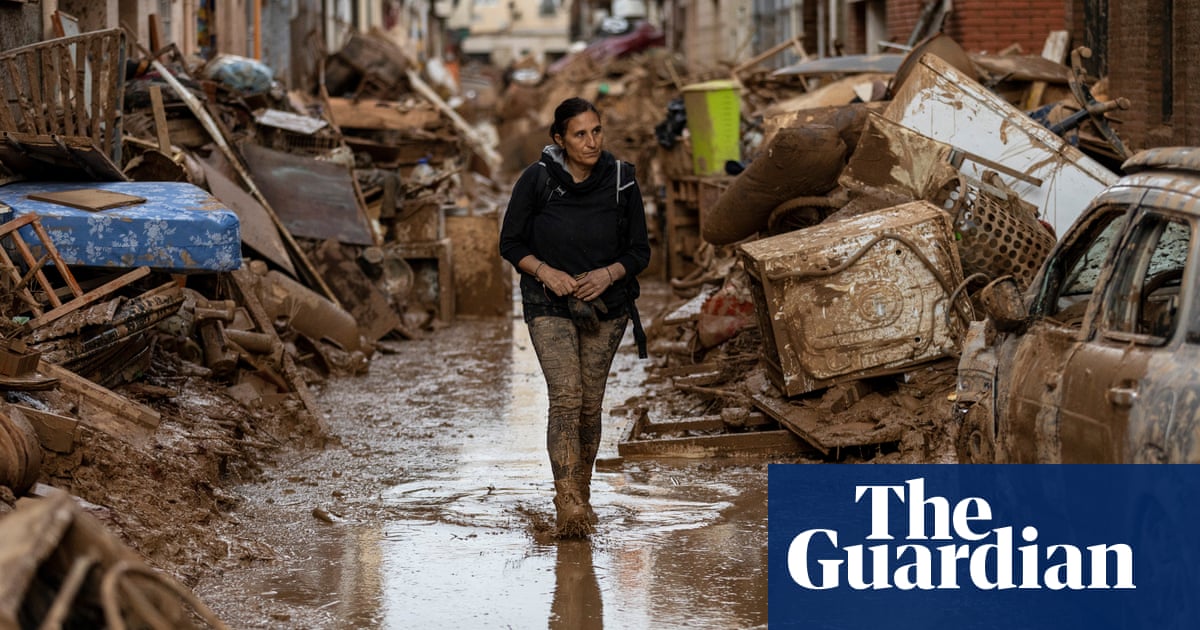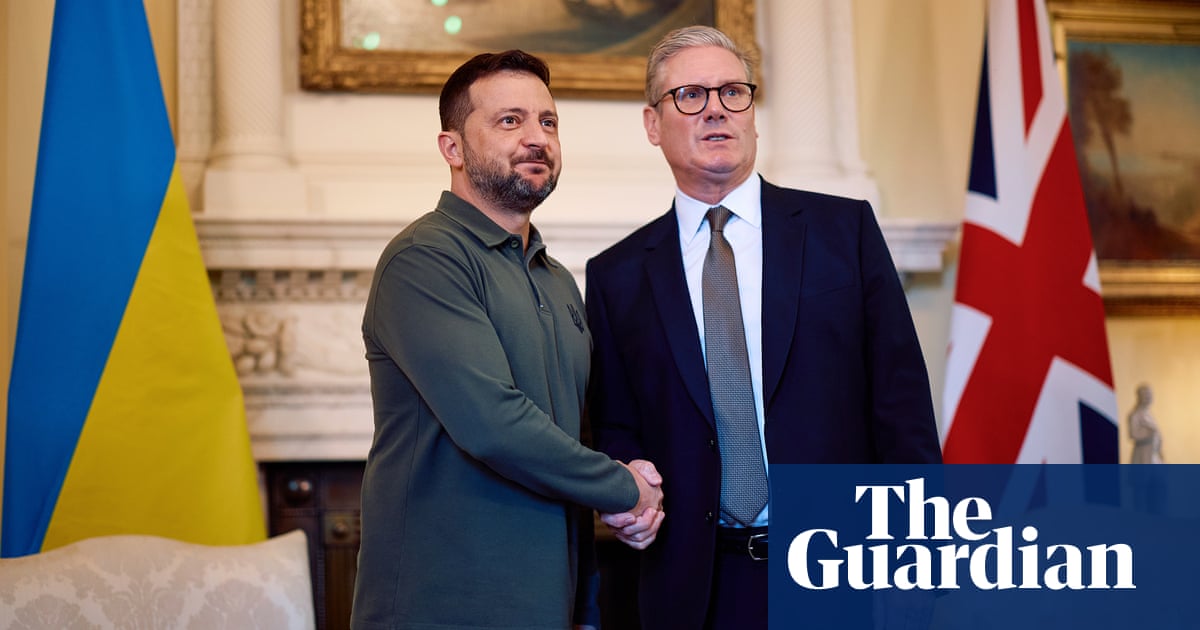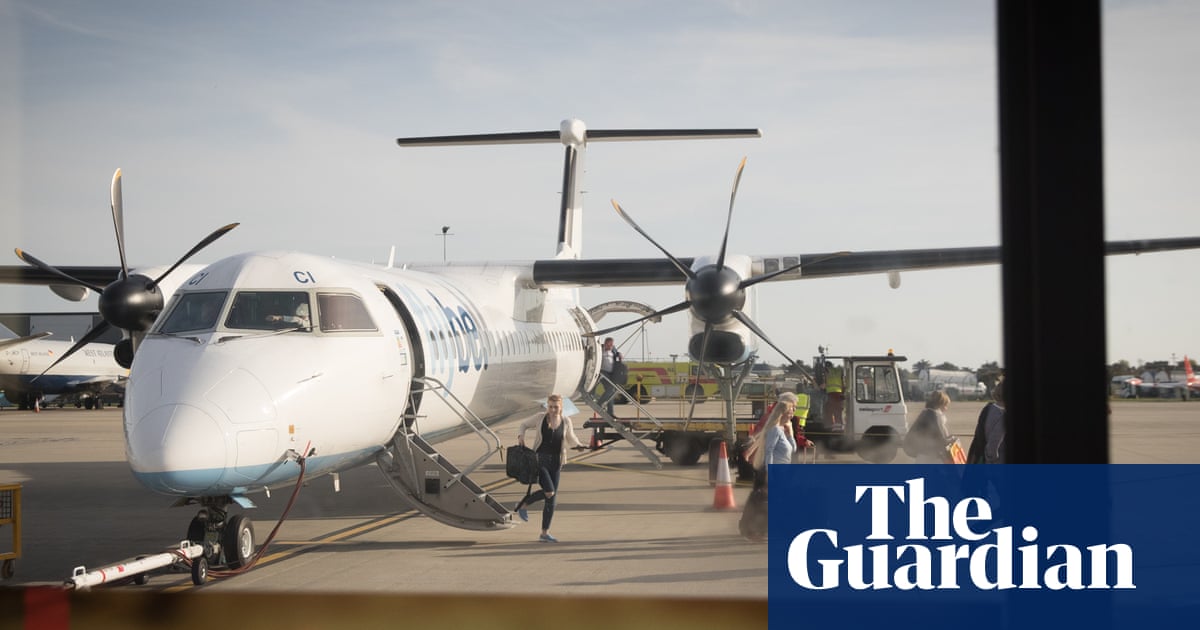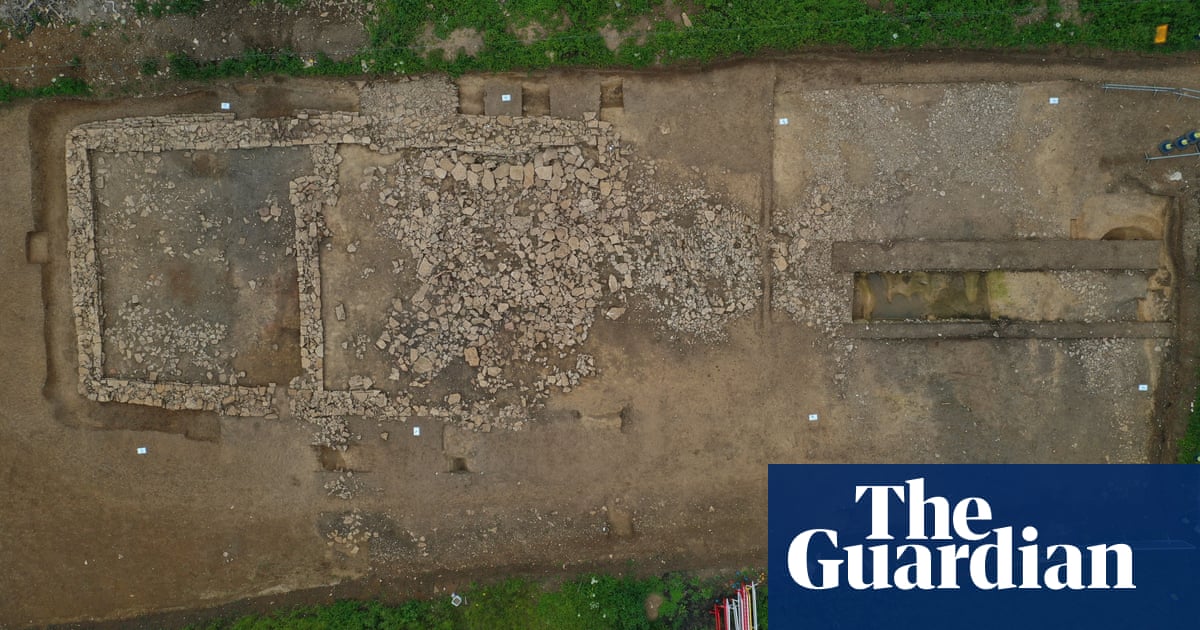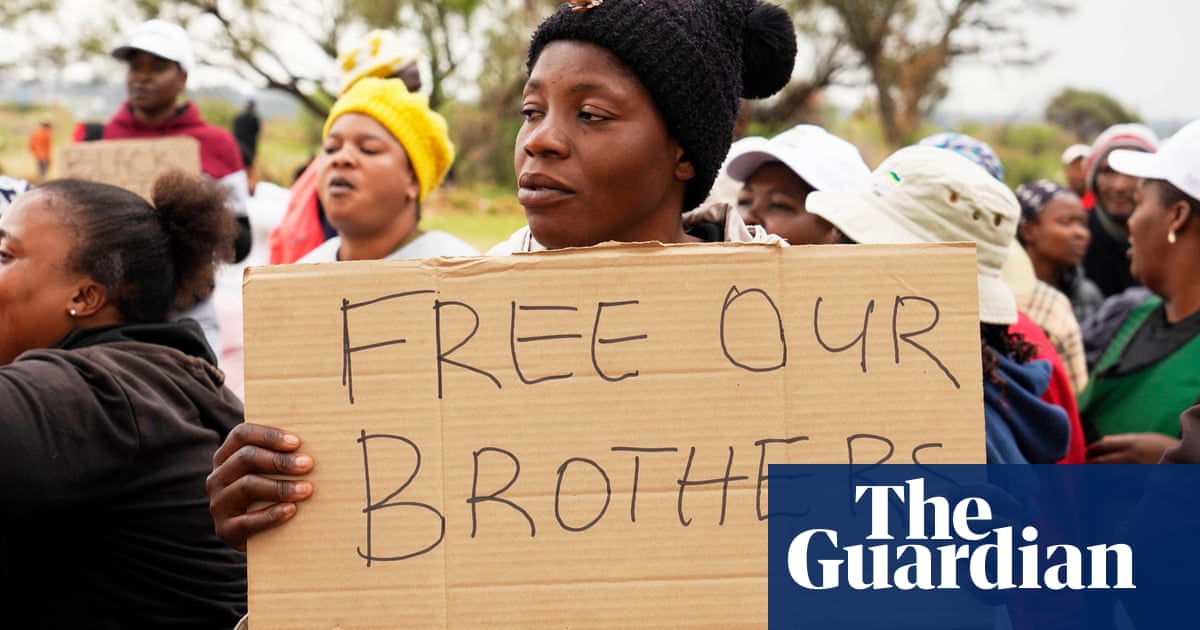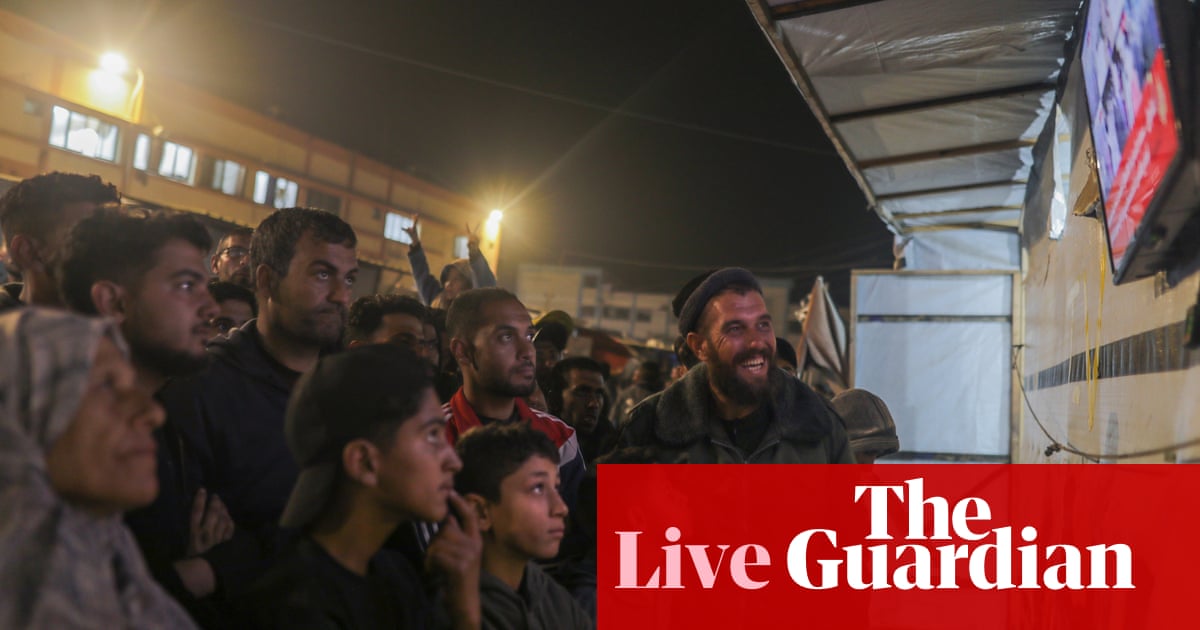The house is gone but the land is still at the forefront of his mind. “We were supposed to harvest the ashta now. They’re hanging on the trees just waiting for us,” says Munif Zein, sitting on the terrace of a relative’s house in Hammana, in the Lebanese mountains. The ashta, or custard apples, he is talking about – light green with creamy flesh – grow in his fields in Mansouri, a village on Lebanon’s southern coast.
His family had to leave Mansouri abruptly when the Israeli army started intense bombing on 23 September.
“There’s nothing left there now. Our home, a two-floor building, was destroyed the day after we left. Had we stayed a few more hours we wouldn’t be alive today,” Zein says.

Zein and his wife, Maryam Bashan, left behind orchards of citrus fruits and avocado. Soon, right after the ashta, the avocados will ripen.
“We have always lived from the land. We planted it with our own hands,” Zein says.
The air raids on their village came as part of an Israeli military campaign launched against south Lebanon, the Bekaa valley and Beirut, with Israel’s stated aim of targeting Hezbollah, the armed group and political party with infrastructure in these regions.
As of 11 November, 3,189 people had been killed and 14,078 wounded in Lebanon, according to the ministry of public health. More than a million have had to leave their homes.
Across south Lebanon and the Bekaa valley, important agricultural regions, fields and crops are being hit in the attacks.
“The damage we see from this destruction is much more than destroying buildings. You can rebuild a house, but as a farmer, when you lose your yields over many seasons, you lose everything,” says George Mitri, director of the Land and Natural Resources programme at Lebanon’s University of Balamand.

Mitri has been assessing the land destruction. “We are using satellite data, since field visits are not possible at the moment,” he says. “Until the beginning of October, 4,500 hectares [11,100 acres] of land had been burned as a direct result of the bombings. And we’re now in November, so I estimate that we are way above 5,000 hectares.”
This includes forests, grasslands and fields with crops such as tobacco (a major cash crop for villages on the border), citrus and olives. As much as 80% of GDP in the south comes from agriculture, and 22% of all citrus grown in the country and 38% of olives come from the south.
“Olive trees catch fire very easily. I call these monumental trees because they survive over such a long time. They are like relics. And now you see them burn in just a few seconds,” Mitri says.
On the hillsides of Baanoub, a tiny village in the mountains near Sidon, the largest city in southern Lebanon, grow ancient olive trees, many dating back more than 2,000 years. Yasmina Zaher manages the land with her husband.

“I think of everything that these trees have endured: occupations, calamities, wars, fires, earthquakes. And they are still here,” she says.
Zaher is separating harvested olives from leaves and stems, the last step before taking them to the olive press. “We are at the southernmost limit of where people can harvest this year. Farther south, very few people are able to harvest their olives,” she says.
Mitri says at least 22% of the olive production was lost this year. Olives are an important crop, a tenth of agricultural output in a country of more than 12m olive trees.
Jad Awada, at Jibal, an environmental and social justice organisation, says: “We rely on olive oil for consumption but it also has a tremendous unseen and emotional value. Olive oil is our history.
“For a lot of people, olives are a huge source of income. Many farmers who lost their lands are completely without support at the moment.”
Most agricultural workers, and almost all Syrians living in the country – who play a key role in Lebanon’s farming economy – work informally in a sector where social protection is absent.
Four men work with Zaher in the olive groves. They climb the old trees and hit the branches to send the fruit to nets below.
The men arrived in Baanoub recently, after being displaced twice from the south. Several months ago, they had to leave the rural area where they were working near Bint Jbeil as it came under attack. When the bombardment reached the town where they were sheltering, they had to escape again.
“We left with our children on our motorbikes. We left everything. But the important thing is that we are safe, for now,” one of the men, Zahreddine Kolin, says.
after newsletter promotion

Awada opens a video on his computer. It shows the destruction of the border village of Kfarkela. One of the ruined homes, with broken trees around it, is that of his grandparents.
Satellite footage shows the similar destruction of other border villages. Before the large-scale attacks began on 23 September, more than 50,000 homes had been partly or fully destroyed in Lebanon.
Now, according to a Washington Post analysis of satellite footage, nearly a quarter of all the south’s buildings have been destroyed. Many are family homes built on ancestral land, passed down through generations. Balakrishnan Rajagopal, the UN special rapporteur on housing, said on social media that Israel was committing domicide in Lebanon.
Mitri says tests need to be conducted to see the impact of the destruction on water, air and soil.
Several bodies, including Human Rights Watch, Amnesty International and the UN’s Economic and Social Commission for Western Asia (Escwa), last year documented Israel’s use of white phosphorus, a substance prohibited in civilian areas by UN convention. Besides severely wounding people by sticking to skin and clothing, it has long-term effects on the environment, including soil contamination, which causes diminished fertility.

Lebanon’s caretaker environment minister, Nasser Yassin, says about 5 sq km of land have been burned with white phosphorus.
The war was already forcing farmers to abandon their crops and animals. In early 2024, 26% of farmers in southern Lebanon could not access fields because of the conflict.
Nojoud Mohammad al-Obeid, a farmer in Ain Arab in the Nabatieh region, was displaced in September when the intensified bombardments started. But she has not been able to harvest her olives for more than a year.
“We have not been able to reach our land at all since the beginning of the war in Gaza. We don’t know if it has been hit; no one is able to go to that area,” she says.
Her family produced dairy products – cheese and the rural fermented speciality kishk.
“We lost one of our cows when we had to escape. These animals are very dear to us,” Obeid says.
Her family is staying with relatives in the Bekaa valley. But here too farmers cannot go to their fields, says her sister, Nazha al-Obeid.
“They bombed right near the fields where we were working one day. We saw the whole sky lit up. We just ran away.”
Escwa says that the war, coupled with the economic crisis in Lebanon since 2019, has driven poverty in south Lebanon up to about 90%.

In Hammana, the sun is low in the sky. Zein and his wife sit on the porch with cups of strong coffee. They discuss Mansouri and their childhood memories.
“The border is very close, you can almost walk there. Once, I remember my uncle coming from Palestine on the train with a watermelon this size,” says Bashan and stretches her arms wide.
“We can grow the very best produce here,” says Zein. “We have a saying – that the land is a treasure chest. It gives what you need in abundance.”

.png) 2 months ago
16
2 months ago
16

